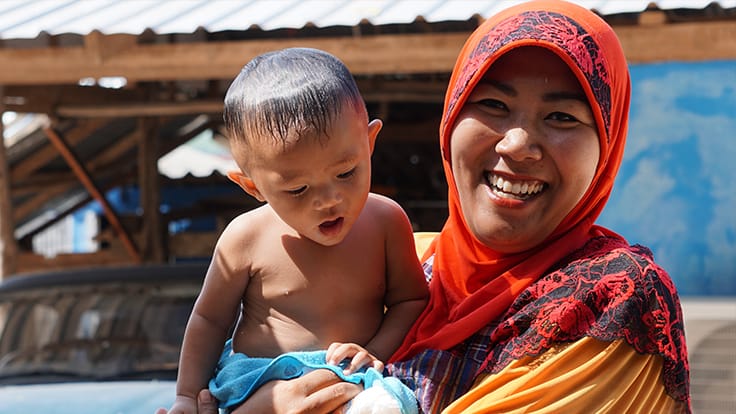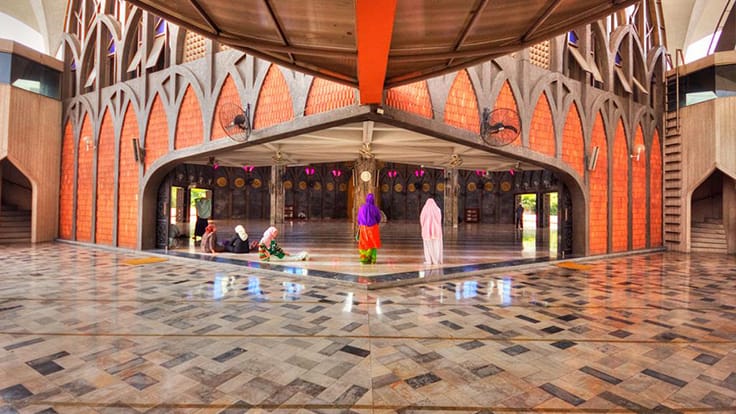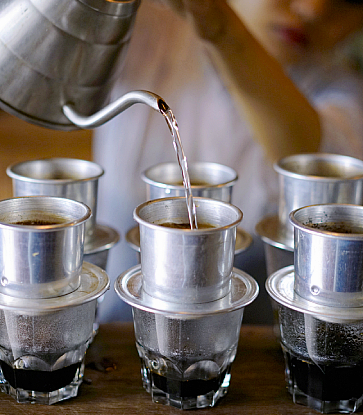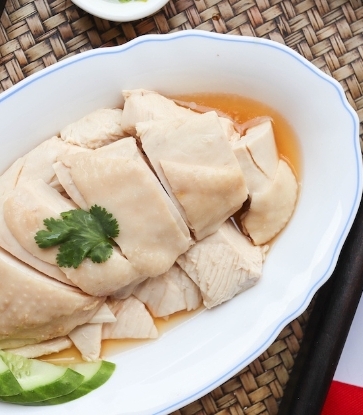Food is such an integral part of Thai culture that it’s difficult to imagine anyone turning down a midday nosh of noodle soup or chicken fried rice. But for the country’s millions of devout Muslims, who are estimated to make up about 5% of the population, the holy month of Ramadan means no eating or drinking during daylight hours. It’s a challenging test of faith to be sure, but for Muslims worldwide Ramadan is a time that’s looked forward to with great anticipation.
In accordance with the Islamic calendar, Ramadan 2019 begins on the evening of May 6th. This month of fasting is followed by three days of celebration, known as Eid al-Fitr. During Ramadan, adult Muslims are expected to observe the daytime fast, although exceptions are made for the elderly, pregnant women, and those who are ill or travelling. The faithful are also expected to abstain from sexual relations, smoking, insulting, cursing, lying, and fighting (except in self-defense) during this period.

Most Muslims see Ramadan as a time for recharging their faith, with extra focus on studying the teachings of the Qur’an, but it’s also a time for families to gather for the daily meals that precede and follow the daylight hours. The morning meal, known as suhoor, has to be eaten before dawn, while iftar, the evening meal, is consumed after sunset. The breaking of each day’s fast usually begins with the consumption of dates, a tradition rooted in religious teachings of the Prophet Muhammad.
“Dates can be a bit expensive in Thailand, since they’re imported,” explains Ratana ‘Soop’ Sumphan, an office worker in Bangkok. “But they’re much easier to find here during Ramadan.”

He goes on to explain that there are no foods that are specific to this holy month, everything just has to be Halal – foods that are permissible according to Islamic law. This applies to the method of animal slaughter down to the way they are processed, produced and prepared. The slaughter method supported by Islamic law ensures that the animal experiences the least pain. Meat from cow, veal, lamb, sheep, goat, turkey etc., must be processed, produced and stored using utensils that have been cleansed and prepared according to Islamic law for them to be considered suitable for consumption, which means free from any component prohibited by Islamic law such as alcohol.
Morning meals are often carb and protein heavy, in order to get everyone through the long day ahead. “One thing Muslims like to eat at Ramadan is mataba, which is like a roti but stuffed with meat inside,” adds Ratana.
Feeling weakened by the end of a day’s fasting is common, but the body adjusts and as with any sort of training, it gets easier as you go on. However, the extreme heat in places like Thailand makes not even having a sip of water an incredible task.
“We’re essentially putting all of our five senses on hold,” says Danai To-che, owner of the Baan Nai Nakhon boutique hotel. “It’s difficult of course, but with faith in our hearts it’s much easier.”
“It’s also a time where everyone is equal,” adds Danai. “Sultans can end up hungry not because they’re poor, but because they need to feel hunger so they can relate to the poor. It brings people closer together. It makes us feel other people’s pain. Most importantly, it’s a form of detox and it’s good for your health.”

Danai’s hotel is located in Songkhla, in the south of Thailand, and these southern provinces are where the majority of the country’s Muslims reside. There are almost 3,500 mosques across Thailand, mainly located in these southern regions, although Bangkok has around 170 mosques within its greater city limits. Not surprisingly, these holy sites and other Islamic community centres become a gathering point for Muslims during Ramadan, which is especially appreciated by university students or workers who are separated from their families.
“In Bangkok, there’s The Foundation of Islamic Centre of Thailand on Ramkamhaeng Road, also known as the Soon Klang Islam Hang Pratet Thai,” Danai points out, “and in Songkhla, Baan Bon Mosque is a famous place for us to congregate. The mosque also provides food everyday at sunset. We eat, but we also donate. If someone doesn’t have a family, eating there is more fun. We also make merit together and enjoy the community spirit.”













